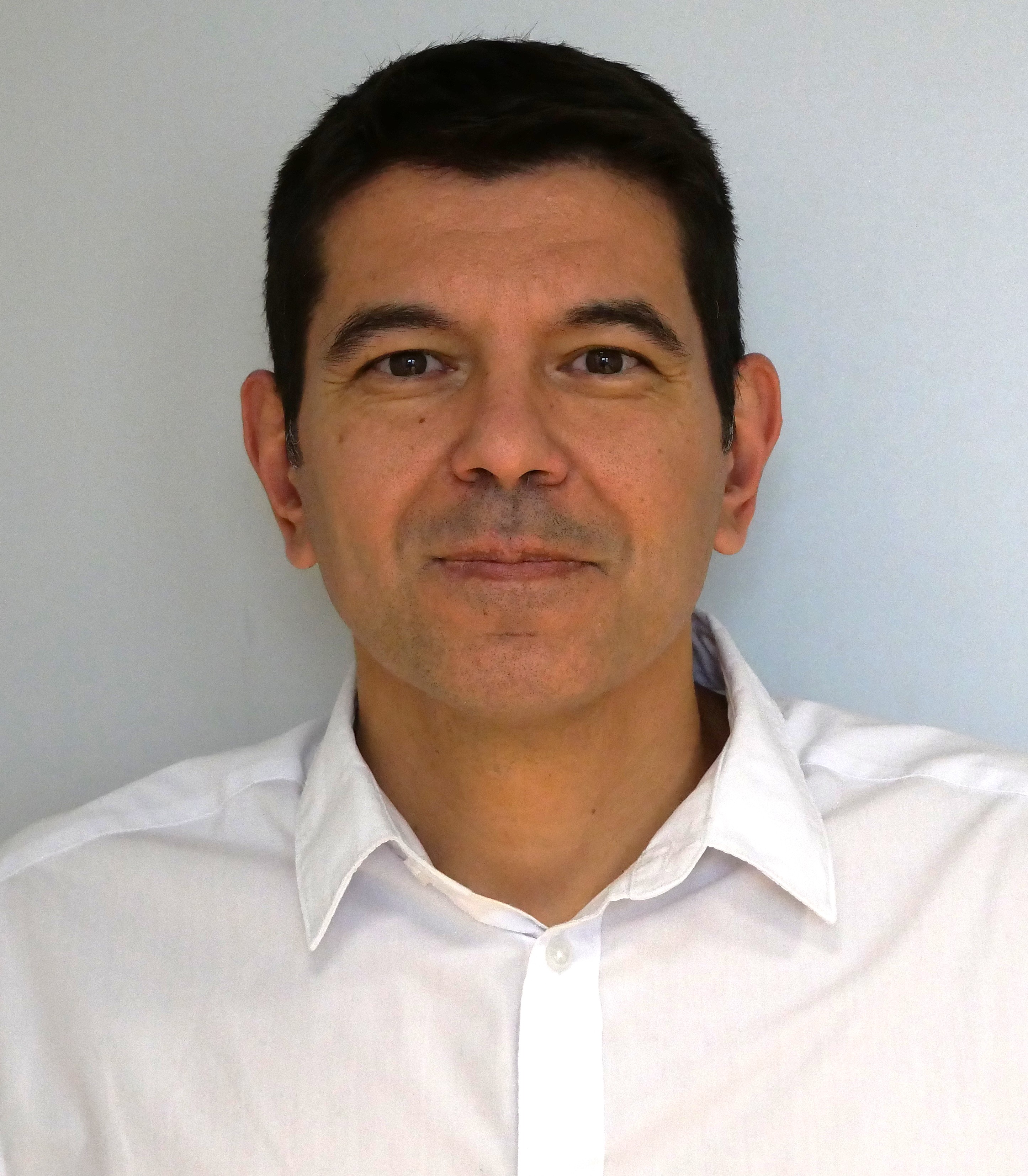

Prof. David Écija is an expert in condensed matter physics, surface and molecular nanoscience. He received a PhD degree in Physics from UAM, with a work on self-assembly of nanostructures on surfaces. He was awarded a Marie Curie Intra European Fellowship and moved to Prof. Barth ́s group at the Technical University of Munich, where he carried out a four-year stay working on functional molecular nanoarchitectures on surfaces. In January 2014 he joined IMDEA Nanociencia as Researcher and “Ramon y Cajal” fellow to develop nanomaterials on surfaces. Notably, he is the recipient of the ERC 2018 Consolidator Grant (ELECNANO). Since May 2019, he is Research Professor at IMDEA Nanociencia (tenured).
Our group is focused on the visualization and understanding of physico-chemical processes on surfaces, including three main lines of research: